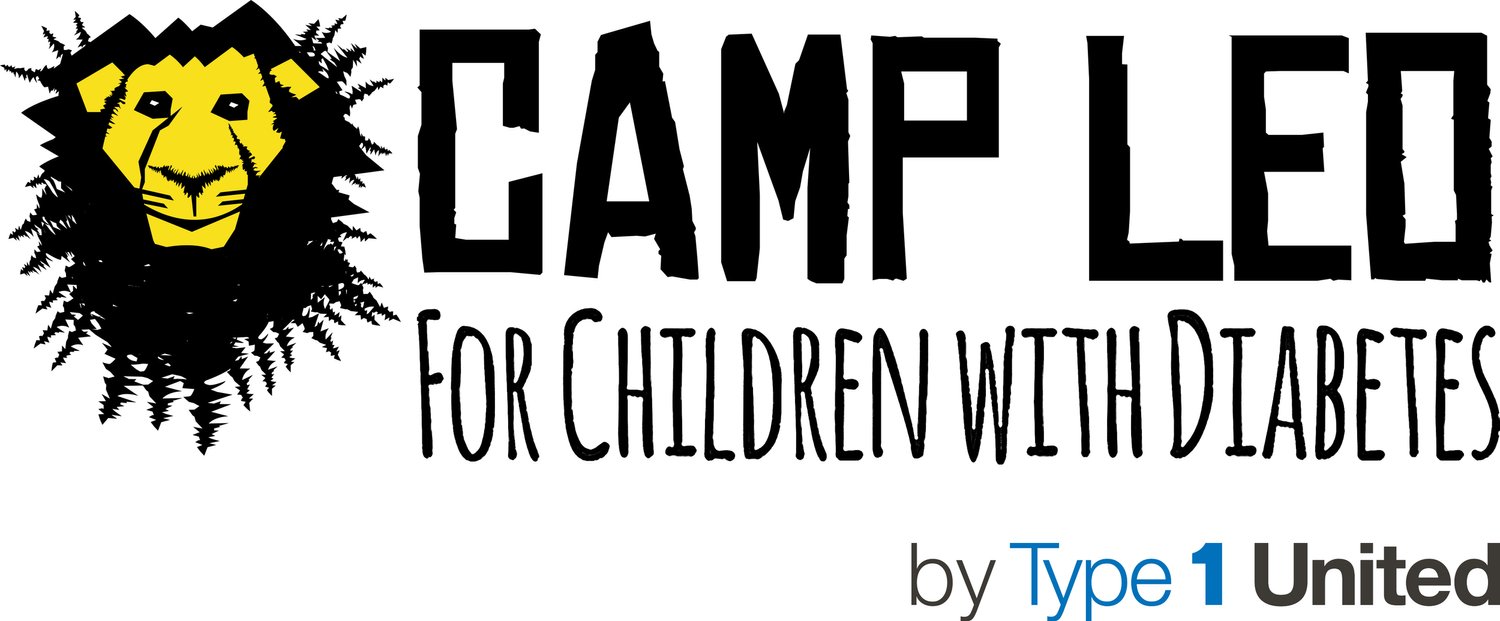“I always feel very confident when my child is at Camp Leo. I know he is well cared for and looked after and it is truly a vacation for me from diabetes. He always comes home with more confidence and seems to feel better about having diabetes. it is a great place to come and be just like everyone else.”
Camp Leo is a residential summer camp that serves children and teens with diabetes in a fun, safe, educational, and medically sound environment away from home. Our goal is to help campers develop relationships and learn diabetes management practices that allow them to live healthy, productive lives.
As adults with diabetes and adults who care about children with diabetes, staff members strive to be great role models and resources. Our camp staff includes a minimum of one physician or nurse practitioner, many registered nurses, registered dieticians, pharmacists, EMTs, certified diabetes educators, licensed medical staff, counselors, and counselors-in-training. Most of our staff has diabetes or has special interest in the care of children with diabetes.
Each camper’s diabetes management plan is reviewed before camp and at registration. Every effort is made to adhere to this plan and the wishes of the family and their physician, with adjustments made to improve camper safety and blood glucose control at camp. At the request of parents or campers, the camp medical staff will evaluate the diabetes plan and make suggestions for better control. In order to achieve optimum control, Camp Leo recommends frequent blood glucose monitoring, carbohydrate counting, the use of insulin pumps or multiple daily injections, and avoidance of hyper-and hypo-glycemia.
We support diabetes self-management with careful supervision; our goal is that each camper participate actively in his or her own management and that decisions about diabetes care are a collaboration between medical staff and campers, within the bounds of safety. We expect medical staff to “ask and teach, not tell.” Children do not have to be completely independent to attend camp. Careful consideration of each child’s age, development, and time since diagnosis is made when working with campers on their diabetes management.
At camp we test blood glucose before each meal, before bedtime, before and during high-energy activities, and whenever feeling or exhibiting symptoms of hypo- or hyperglycemia. Children are also tested twice during the night if there blood sugars are below or above a certain threshold. Because of the high level of activity in the camp environment our target blood glucose level is 100-200 mg/dL. All staff carry testing equipment and low glucose treatment supplies. Hyperglycemia is treated with a correction bolus of insulin if necessary, retesting, hydration, and ketone testing depending on the level. All staff are expected to treat for hyperglycemia with fast-acting glucose, and to retest to make sure that blood glucose levels are rising. Medical staff is prepared to give glucagon if necessary for severe lows.
Food is served family or buffet-style depending on the age group. At camp we teach carbohydrate counting and serving size, but campers can use any system that they are comfortable with. We observe campers at meal times to ensure that they are eating reasonably, and we encourage them to eat a variety of foods and try new things. In keeping with the philosophy of carbohydrate counting, we put an emphasis on being honest about eating and food consumption, and adjusting insulin accordingly. We understand that many children have special diets or are selective eaters, and we make reasonable accommodations to make sure that your child has the balanced diet necessary to participate in this very active week. Extra carbohydrate and non-carbohydrate snacks are always available.
Our medical staff can provide treatment for diabetic ketoacidosis and other illness and injuries. For severe illness or injuries and at the discretion of the camp physician we may transport a camper to the nearest health care facility. Every effort will be made to contact parents or guardians as quickly as possible.
Our policies and practices are based on the best and most current diabetes management techniques. Our goal is that all campers and staff with diabetes have an educational experience at camp that will help them lead long, healthy, productive lives.









